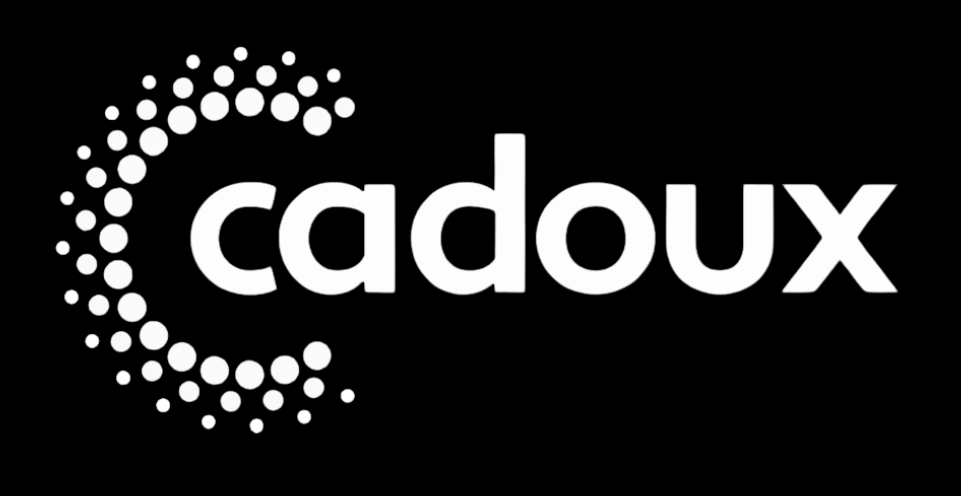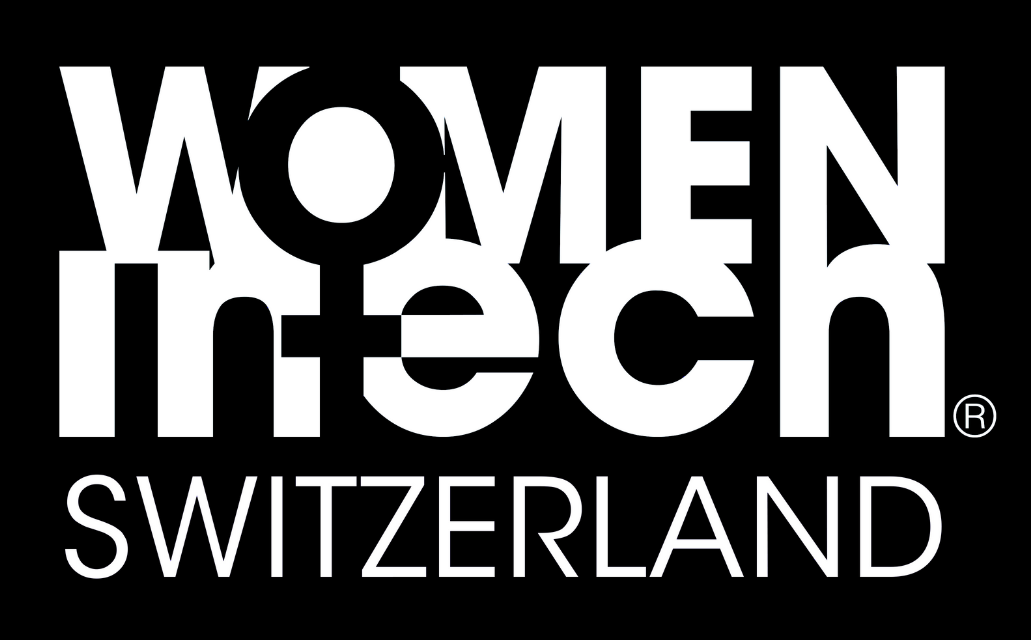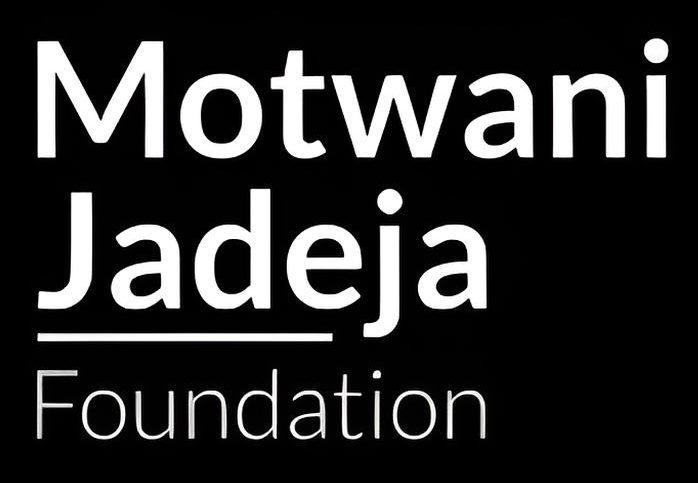I met Professor Eileen Gillooly for the first time at a reception hosted by the “Justice-in-Education” initiative of Columbia University. In the lounge of the Heyman Center, a handful of Columbia undergraduate students and professors spent the evening talking with “Justice-in-Education Scholars,” all of whom were once incarcerated and who currently enroll in accredited courses at Columbia free of charge. These Scholars are one aspect of the Justice-in-Education Initiative, which also sponsors Columbia faculty and students to teach in the prisons. Professor Gillooly, together with Professor Geraldine Downey, launched the initiative with a $1M grant from the Andrew W. Mellon Foundation. She is a faculty member in the Department of English and Comparative Literature, as well as the Executive Director of the Heyman Center for the Humanities, an interdisciplinary center that sponsors workshops and cultural events to the university community and the general public.
Professor Gillooly, who earned her PhD in English at Columbia (specializing in Victorian literature) in 1993, accepted a position at Columbia shortly thereafter that allowed her to pursue her scholarship and teach while administering the Core Curriculum—the signature academic program of Columbia’s undergraduate education. She feels as though her experience teaching such Core texts as Homer’s Iliad and Odyssey deepened her understanding of Victorian culture (since all the writers she studied had read these classical texts). Indeed, she traces the origin of her interest in providing education to those currently and formerly incarcerated to such Victorian writers as Henry Mayhew, whose London Labour and the London Poor calls attention to the obligation of a just society to educate its most severely disadvantaged. She also noted the role a humanistic education plays in one’s general sense of well-being decades after graduation, citing a study conducted by the Curb Center for Art, Enterprise, and Policy at Vanderbilt University that found that fine arts and humanities majors—thirty years after graduation—were by self-report far happier than their peers who had become financially much more successful as investment bankers or management consultants. In 2005, Gillooly joined the Heyman Center, which counts among its aims offering humanities events that engage the public, often working closely with community organizations and others inside and outside the university in doing so.
Her work on the “Justice-in-Education” initiative has led Professor Gillooly to another high-profile project. The Heyman Center will host a conference on April 8 and 9 on the legacies and aftermath of The Wire, a five-season realistic television series set in Baltimore, which aired on HBO from 2002 to 2008 and which has since become a course text on hundreds of syllabi at dozens of universities throughout the United States. Conference panels will address some of the themes of the show—such as the ethics of immersion journalism and the role of race, politics, and religion in the inner city—and count among their participants several of those involved in its creation, including a number of the actors who have established non-profit organizations that work with underserved inner-city youth.
Her career as a humanities professor and administrator has led her to the view that the university has an obligation not only to teach its students, but also to serve its neighboring community. She believes that “those of us who have been fortunate in our accident of birth ought to extend to those who have been less fortunate the opportunities we take for granted,” such as the opportunity to learn. “One of the great things about a humanities education is that it not only makes you more knowledgeable (a STEM education does that), but it also makes you realize that the purpose of knowledge is—or ought to be—to make the world a better place.”




























